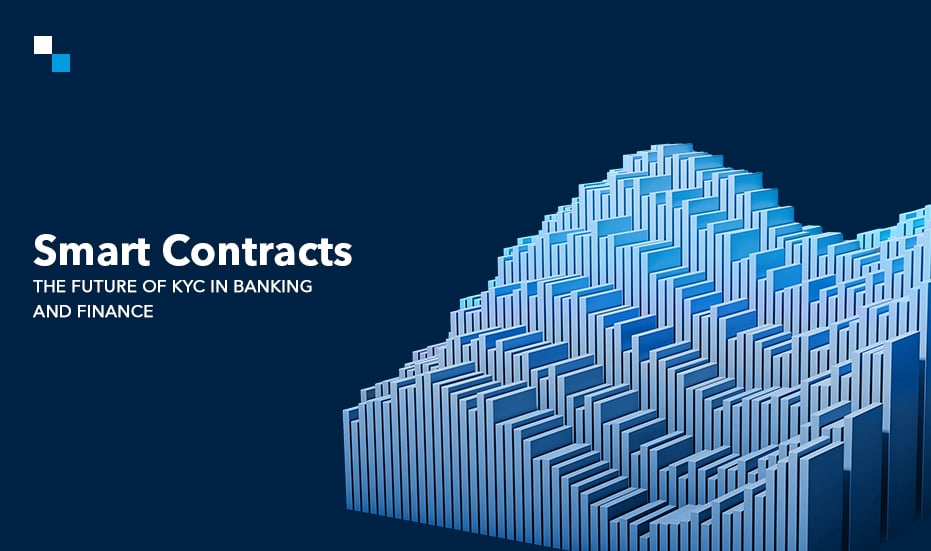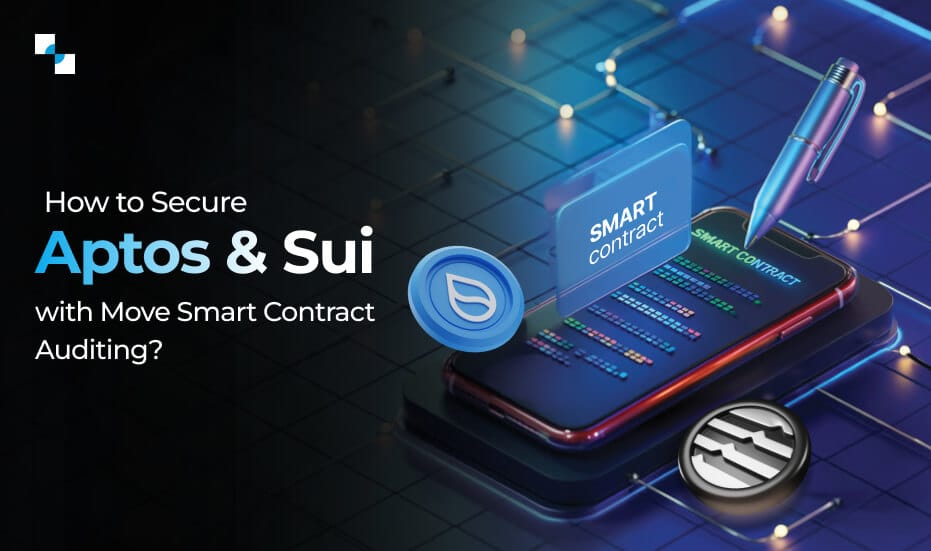The banking and FinTech sectors have been fundamentally altered due to better security, efficiency, and compliance in the process of verification. The problem about KYC regulations has been bettered to turn out to be the most viable and potent tool through the implementation of smart contracts.
KYC is one of the essential procedures in which a bank or any financial institution should follow up with their clients for ascertaining their identity to prevent fraudulent cases, money laundering among other similar cases. However, the traditional KYC processes are clumsy and time-consuming along with inefficiencies. This article explains how smart contract development services may solve issues regarding the KYC process in the FinTech and banking industries.
The KYC Conundrum in Traditional Finance
The entire processes performed by financial institutes of KYC do help in verifying the identity of the client and judging the risk or likelihood of illegal intentions by sticking to the AML (Anti-money laundering) policy. However, most of the traditional processes have several challenges:
- Time-consuming and costly procedures
- Repetitive data collection across different institutions
- Potential for human error in data entry and verification
- Privacy concerns regarding the storage and sharing of sensitive information
- Difficulty in maintaining up-to-date customer information
All of these create friction in the customer onboarding process and certainly inflate the operational cost within financial institutions. That’s why we need smart contracts for KYC compliance solutions.
Smart Contracts: A Game-Changer for KYC
Streamlined and Automated Verification
Smart contract development services can develop an automated system for KYC verification. On entry of information about a customer with its subsequent verification, a smart contract can automatically start checks against all sorts of databases and watchlists. This automation greatly reduces the time and manual effort needed for the process of KYC.
Secure and Immutable Record-Keeping
One of the strong characteristics of the smart contract is that it is immutable. Once KYC information has entered a blockchain through a smart contract, it cannot be changed and becomes permanent. This means the integrity of that information is thus created in a trusted audit trail for compliance with all regulatory requirements.
Enhanced Interoperability of Data
Using smart contracts for KYC compliance solutions can ensure safe data sharing between various financial institutions. For instance, upon receiving customer permission, KYC-verified information can be shared across banks and FinTech companies in a network, so that customers do not have to go through the process of KYC multiple times.
Real-Time Updates and Continuous Monitoring
Performing KYC using smart contract makes it easier for a bank or a financial organization to update the customer information in real-time. This would mean that financial institutions will always be updated, and continuous monitoring for any changes in a customer’s risk profile would be possible.
Improved Customer Experience
Smart contracts improve the customer experience significantly since they fasten and streamline the process of KYC. It allows the customers to have rapid onboarding and a minimal amount of paperwork while having greater control over their personal information.
Implementing Smart Contracts for KYC: A Step-by-Step Approach
The following are the steps financial institutions can undertake to take full advantage of smart contracts in KYC:
- Evaluation and Planning: Assess the current KYC processes for obvious weaknesses that smart contracts can best fill.
- Smart Contract Development: Rely on a seasoned company that offers smart contract development services. Leverage the skills of experienced developers to design a tailored KYC solution for your needs.
- Seamless Integration into Existing Systems: Ensure that the smart contracts for KYC compliance solutions integrate seamlessly with the existing system and compliance frameworks.
- Testing and Security Auditing: Thoroughly test the smart contracts for their functionality and perform a detailed security audit to look out for any vulnerabilities and attend to them appropriately.
- Regulatory Collaboration: Collaborate with the relevant regulatory bodies to ensure that the smart contract KYC solution attains the standard qualification under the compliance requirements.
- Employee Training: Employees should be trained on how to use and manage the smart contract-based KYC system.
- Customer Education: Educate customers on the benefits and security measures of the new KYC process so that they build trust in it.

Real-World Applications and Case Studies
Several financial institutions and FinTech companies are already leveraging smart contracts for KYC:
- KPMG’s Digital Ledger Services: KPMG has developed a blockchain-based KYC solution that utilizes smart contracts to manage customer identities and consent.
- R3’s KYC Solution: The R3 consortium, which includes major banks, has created a KYC application on their Corda blockchain platform, utilizing smart contracts for secure data sharing.
- Nordic KYC Utility: A group of Nordic banks has collaborated to create a shared KYC infrastructure using blockchain and smart contracts, significantly reducing onboarding times.
- Singapore’s Project Ubin: The Monetary Authority of Singapore already conducted research and piloted the use of blockchain and smart contracts in KYC under its Project Ubin.
These examples demonstrate the practical viability and benefits of using KYC using smart contract in real-world scenarios.
The Future of KYC: Smart Contracts and Beyond
As the technology for smart contract development grows, we will likely see and develop much more creative applications in this space of KYC.
- AI-Enhanced Smart Contracts: Integration of artificial intelligence in smart contracts towards development of a more advanced and complex KYC system for better risk detection and pattern identification.
- Decentralized Identity Solutions: In addition, self-sovereign identity systems powered through smart contracts shall be established to give more control over personal information on part of individuals.
- Cross-Border KYC: Smart Contract development will ensure that the cross-border KYC processes work seamlessly so that the global financial transactions can also be quite smoother in nature.
- Integration with IoT: In addition to all the above, IoT devices can be integrated with smart contracts for further verification of identity and even continuous tracking of the KYC process.
Conclusion
Smart contracts might revolutionize the way KYC processes are conducted across the FinTech and banking realms by solving long-standing issues regarding efficiency, security, and customer experience.
Those running financial institutions and willing to embrace the blockchain can look at Antier for the transformation of their institution towards the management of KYC compliances.
In the future, the smart application of smart contracts can be considered as the bright future of KYC; it will be a more secure, efficient, and user-friendly financial ecosystem. Want to take this pragmatic approach in an increasingly digital world and be ahead of others? Invest in smart contracts for KYC compliance solutions today!







